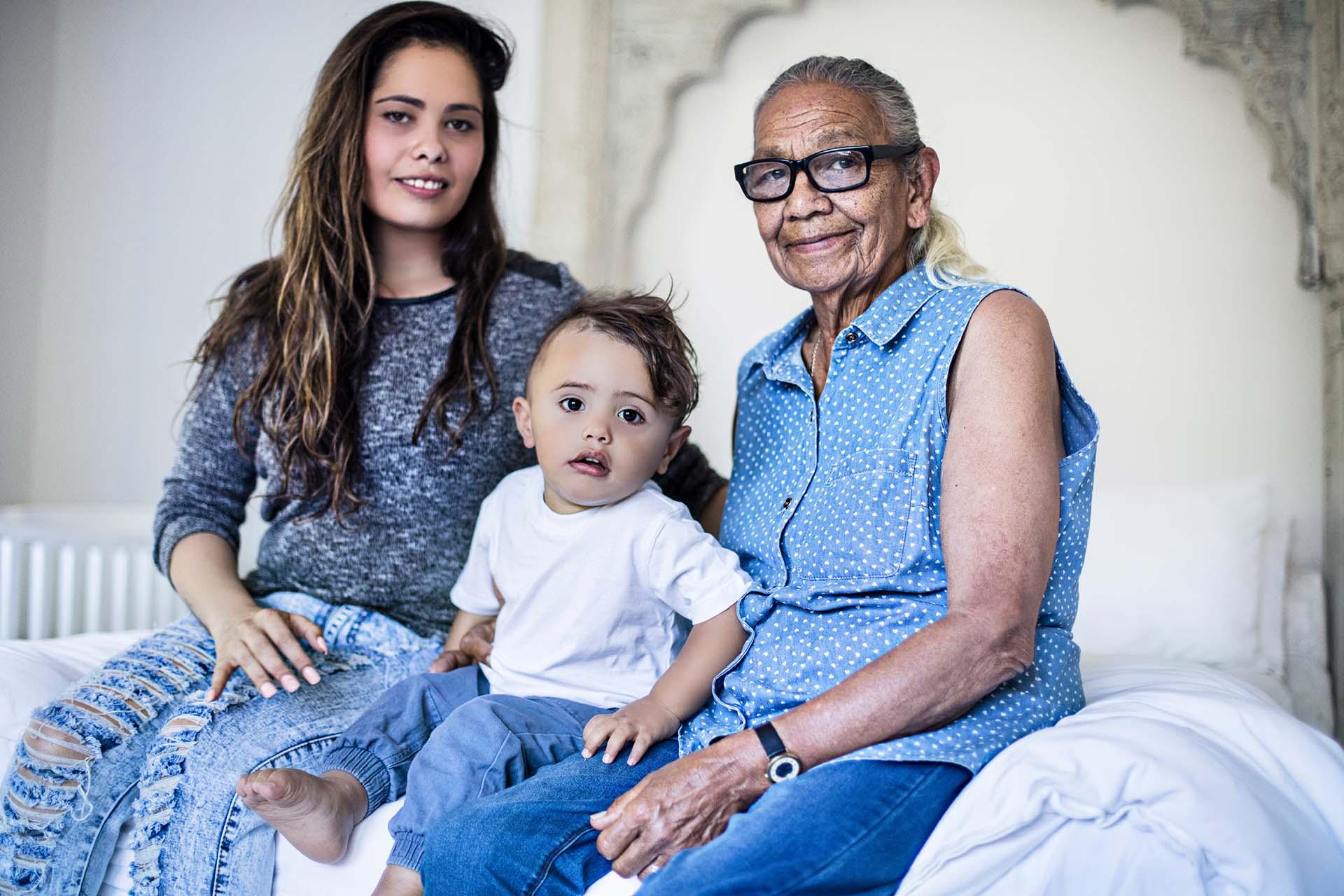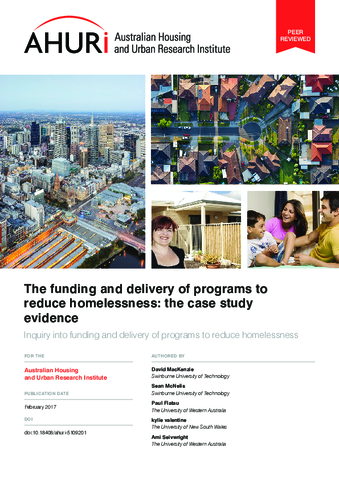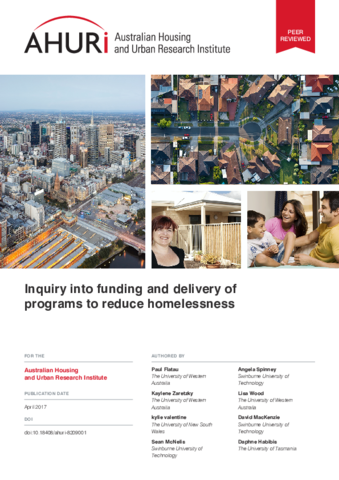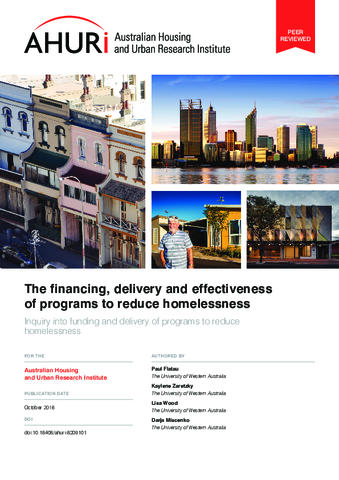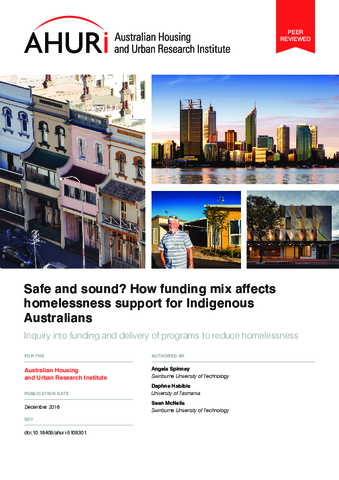From the AHURI Inquiry: Inquiry into funding and delivery of programs to reduce homelessness
This research examines the extent to which the needs of homeless and at-risk Indigenous Australians are being met. It is part of the research program in the AHURI Inquiry into the funding of homelessness services in Australia, which aims to understand the mix of government and non-government funding and how the funding of services that support people who are experiencing homelessness influences service provision and outcomes for those people.
The research presents relevant findings from the AHURI Australian homelessness funding and delivery survey plus five case-studies and three focus groups. Twenty-seven organisations with Indigenous Australians as a main client group participated in the survey.
Research findings show that financial support to organisations that provide services to Indigenous Australians experiencing homelessness is primarily provided by governments through the National Partnership Agreement on Homelessness (NPAH) which funds Specialist Homelessness Services (SHS), with 94 per cent of funds from governments and the next largest source of funds (only 2%) from rent revenue.
Funding uncertainty is a major issue, and the problems (including operational inefficiency, inability of organisations to innovate, and impacts on staff recruitment and retention) caused by this precarity are notably similar, regardless of the location or type of service, with larger organisations best placed to cope. In addition, homeless Indigenous Australians may not be receiving the kinds of support which are best suited to them, and current support may not be culturally appropriate.

